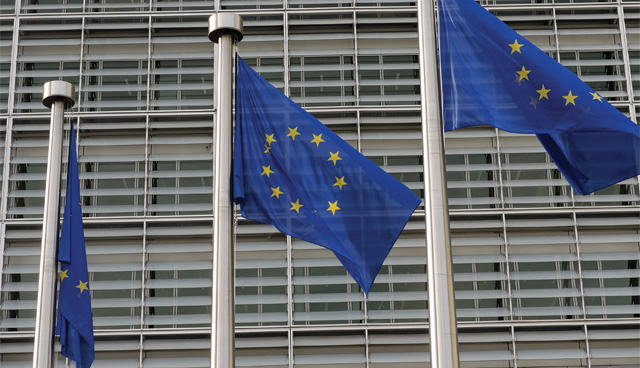Seismic changes in EU policy

Seismic shifts in global politics has triggered Europe into acknowledging the need to actively fight for global influence, as demonstrated by the ambitious European Commission 2020 Work Programme.
Brexit has reinforced for Ireland its role within and its reliance on the European Union. Ireland’s domestic policies, now more than ever, are anchored within a wider framework of EU policy and so the EU’s direction of travel over the next decade will be highly influential in how Ireland’s environment, society and economy is reshaped.
While most member states agree on the challenges for the decade ahead, implementing solutions often proves more divisive as individual member states seek to balance their national interests with collective ambitions. This becomes an even more significant challenge when mid-term ambitions extend beyond national electoral cycles.
New EU President Ursula von der Leyen has wasted no time in identifying where major shifts must occur if Europe is to maintain and evolve its place in the global markets. The 2020 Work Programme is an action plan for the political guidelines (six headline ambitions) set out by von der Leyen upon taking up the post and lists 43 new policy objectives.
Environment, digitalisation and the economy have long been identified as areas in which the EU must make radical changes if it is to compete on a global scale. China and the US are significantly advanced above Europe in technological innovation and adaptation to the digital economy. The EU has predominantly focussed its digital capability towards connectivity, focussing on rule-making, development and the internal market. However, as digitalisation sets to transform the global economy there is a significant need for Europe to close the gap with its competitors with regards to innovation, Artificial Intelligence and data.
The 2020 Work Programme sets out ambitions for a new European Data Strategy to address these issues. Additionally, a new Industrial Strategy for Europe seeks to strengthen industrial and innovation capacity, while the Digital Services Act seeks to legally reinforce the digital services single market and facilitate easier entry for small business.
The scale of addressing these issues individually is most visible in the European Green Deal launched by von der Leyen. Of vast scale, the envisaged transformation through over 50 actions requires not only national government approval, itself a challenge when considering the various vying interests, but also a European societal acceptance. A European climate law is proposed to enshrine the ambition of the EU to be the world’s first climate-neutral continent by 2050 and the deal encompasses actions ranging from air quality and biodiversity to sustainable food production, travel methods and infrastructure.
All of the priorities are interconnected, and the comprehensive nature of the Green New Deal requires the re-evaluation of almost every aspect of the European economy. Modernising the EU’s budget and reallocating priorities will require clear policy, direction and actions if member states are to fall in behind changes.
Von der Leyen envisages a strong social Europe and acknowledges the need to embed climate and digital changes into the social market economy. An EU-wide minimum wage, an unemployment reinsurance scheme and a European Child Guarantee are all proposed. However, transformation is expected to go further in order to provide greater robustness for the Euro, a greater emphasis will be put on completing the banking union.
Beyond the three main priorities the Work Programme also details greater neighbour relations, particularly, in Africa and the West Balkans and strengthening the geopolitical role of the Commission, while also bringing forward a New Pact on Migration and Asylum, a keystone of planned migration reform. A new EU Security Union Strategy will be aimed at both physical and cyber threats and engagement is to be opened on long-term demographic realities and how these might affect European democracy.
For Ireland, its desire to play on a global stage will demand even greater alignment with EU ambitions than is currently the case.





